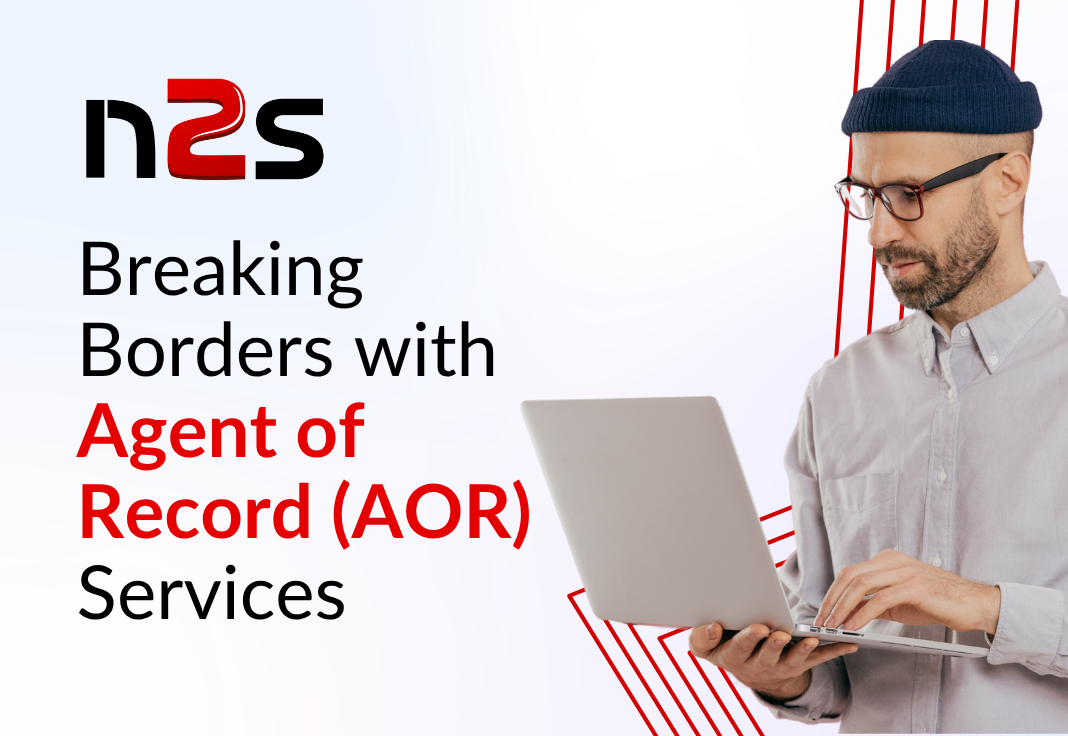As the global workforce evolves, companies are looking for more flexible and eff...
How EOR Solutions Are Transforming Global Payroll Management

Expanding into international markets is a smart growth strategy, but managing payroll across borders can be a significant challenge. Each country has its own legal and financial requirements—ranging from tax laws and employment regulations to currency conversions and payroll cycles. For businesses without local infrastructure, ensuring compliance while paying employees correctly and on time is not easy.
This is where Employer of Record (EOR) solutions come into play. An EOR acts as a legal employer on behalf of a company, handling employment contracts, tax withholdings, payroll processing, and more. It allows businesses to hire globally without needing to set up a legal entity in each country, saving time, effort, and resources.
Understanding the Role of an EOR
An Employer of Record is a third-party provider that legally employs workers on behalf of another company. While the business manages the day-to-day work of the employee, the EOR takes on the formal responsibilities—such as ensuring compliance with local employment laws, managing benefits, and issuing payments.
This approach removes the need for companies to create subsidiaries or navigate complex labor laws in unfamiliar markets.
Challenges in Global Payroll
Managing payroll across multiple countries involves several complications:
Legal Compliance: Every country has unique labor laws and tax codes. Even small mistakes can lead to penalties.
Currency and Timelines: Handling payments across different currencies and pay cycles adds administrative burden.
Tax Deductions: Accurate withholdings for social security, insurance, and other contributions require local knowledge.
Classification Risks: Incorrectly classifying employees or contractors can trigger audits and legal consequences.
How EOR Solutions Help
1. Ensure Compliance: EOR providers have in-country expertise to manage contracts, taxes, and local regulations correctly.
2. Maintain Payroll Accuracy: Employees are paid on time in the right currency and under local rules.
3. Save Time and Costs: Companies can start hiring quickly without spending months setting up a legal entity.
4. Reduce Risk: The legal responsibility of employment lies with the EOR, limiting exposure to compliance issues.
5. Scale Easily: Whether hiring one person or building a team, EOR solutions offer a flexible and scalable model.
Where EOR Adds Real Value
- A US tech company exploring the European market used an EOR to hire a sales team in France and Germany—avoiding the need for local offices.
- In a merger, a business retained overseas employees through an EOR while formal integration was underway.
As remote work and global hiring become the norm, businesses need payroll models that are agile and compliant. EOR solutions are emerging as a long-term strategy—not just a short-term fix—allowing companies to navigate complex payroll landscapes with ease.
About Author

Kelly Miler
Kelly is a seasoned writer with over five years of experience covering topics in staffing, recruitment, and workforce trends. She specializes in creating content that explores hiring strategies, industry insights, and the evolving world of work. Her writing reflects a deep understanding of the challenges and opportunities within the workforce solutions space.
Subscribe to
our Newsletter
We are ready to help you until and unless you find the right ladder to success.



.png)







Comments